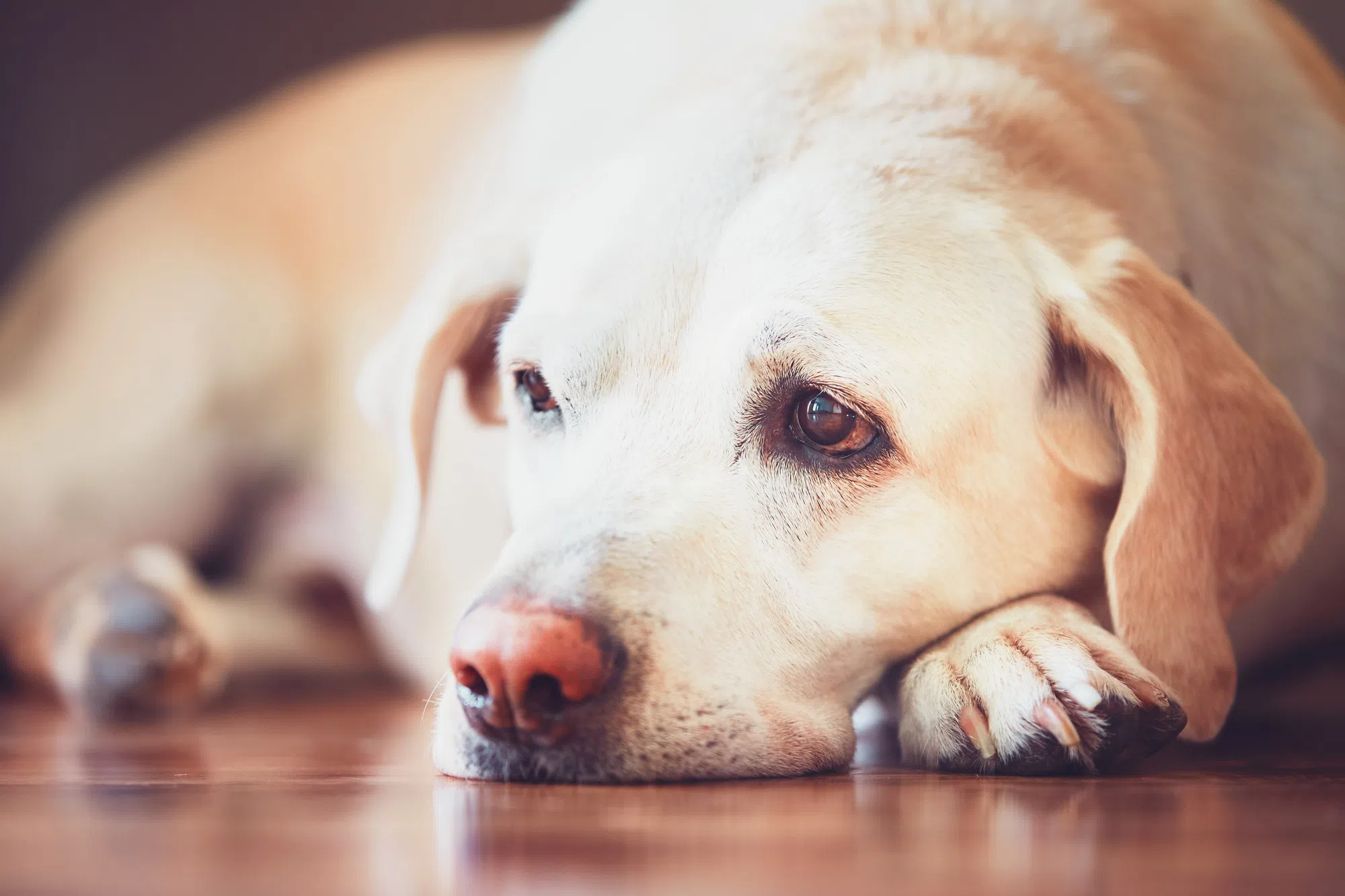A warning about parvovirus in dogs.
Nova Scotia recently reported an outbreak, and now Veterinarians are reporting cases in New Brunswick as well.
Primary Emergency Veterinarian at the Atlantic Veterinary College Teaching Hospital at UPEI Dr. Andrew Cohen says it’s a virus that can potentially be fatal, “Parvo is a fairly scary virus that we encounter in small animal veterinary medicine, especially in the dog population. Dogs can get it from other dogs if they’re exposed to their saliva or if they’re exposed to their bowel movements. Parvovirus is also fairly persistent in the environment, so if there are any soil surfaces or if it kind of smears around, if a dog were to go up and lick that or interact with that’s also a potential source of infection.”
He says the virus itself is often very species-specific, but they worry a lot about the canine parvovirus which impacts dogs.
“It’s very dependent on, if you have somebody with a dog that has symptoms with parvovirus, and they travel and potentially expose other dogs in different areas to parvovirus,” Dr Cohen adds.
He says there’s a wide availability of vaccines against the virus and they are the best way to prevent it.
“For most vaccines for dogs, they’ll be vaccinated a bit more frequently when they’re younger, and then a lot of the times they’ll either be repeated on a one-year or three-year basis. But parvovirus doesn’t have a direct treatment or cure. Once dogs get it, they’ll have to fight it off on their own. We’re able to give them medication to support them, but there is no direct treatment, and the best thing you can do is to use a vaccine to prevent infection.”
Some of the symptoms include very watery and very sudden diarrhea and intractable vomiting.
“If your dog is not vaccinated, or even if it is, if they develop sudden and severe gastrointestinal symptoms, it would be best to contact a veterinarian and ask their advice,” Dr. Cohen stresses.
He adds that knowing the history of where your dog has been is also very important, because if it has the virus, it may have been exposed, or has exposed other dogs.













